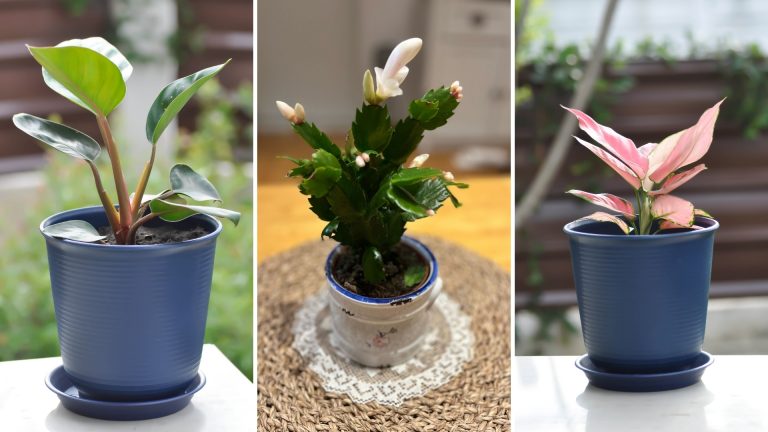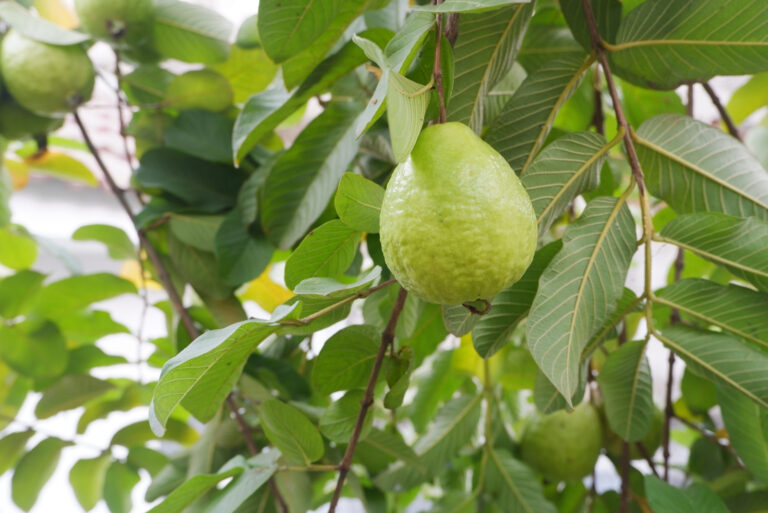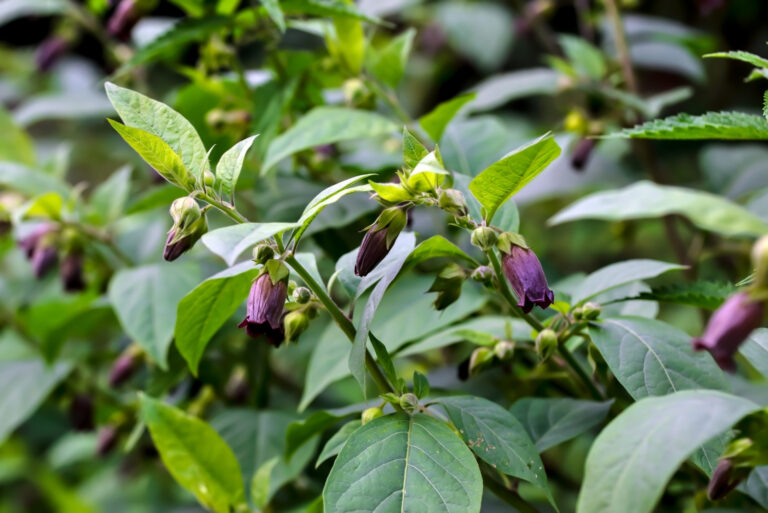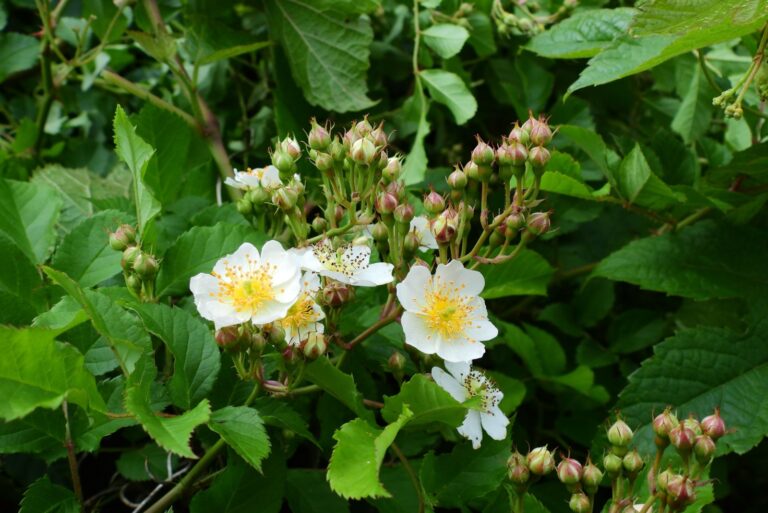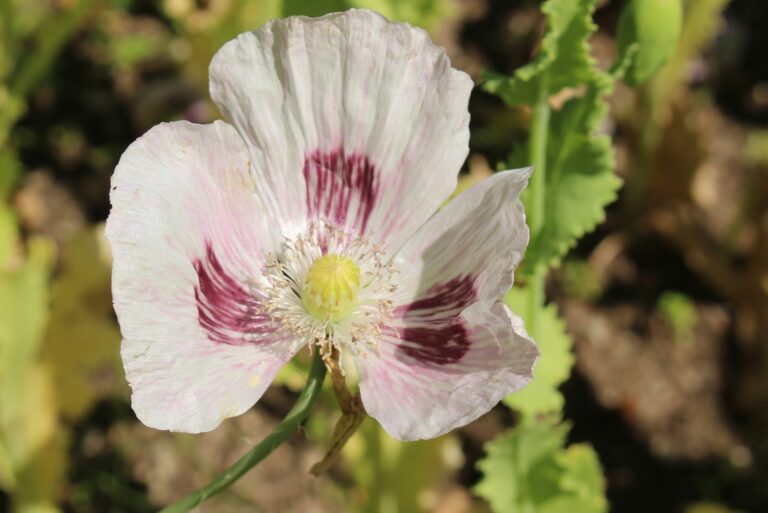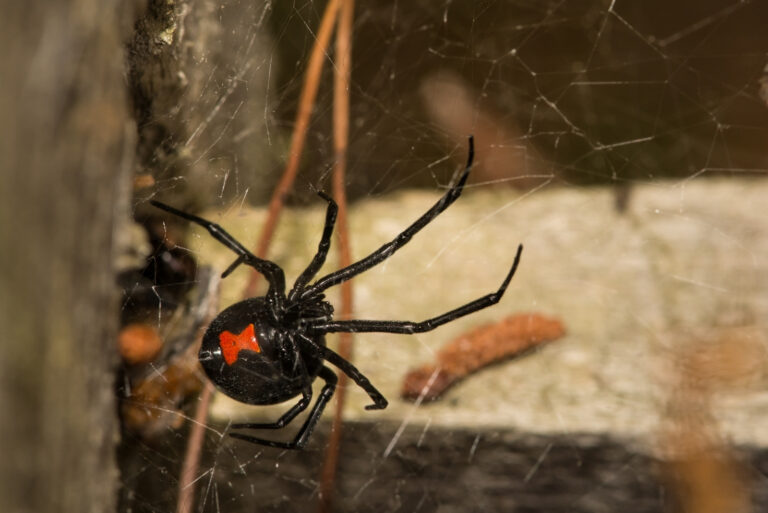10 Ways Animals Protect And Support Gardens In North Carolina
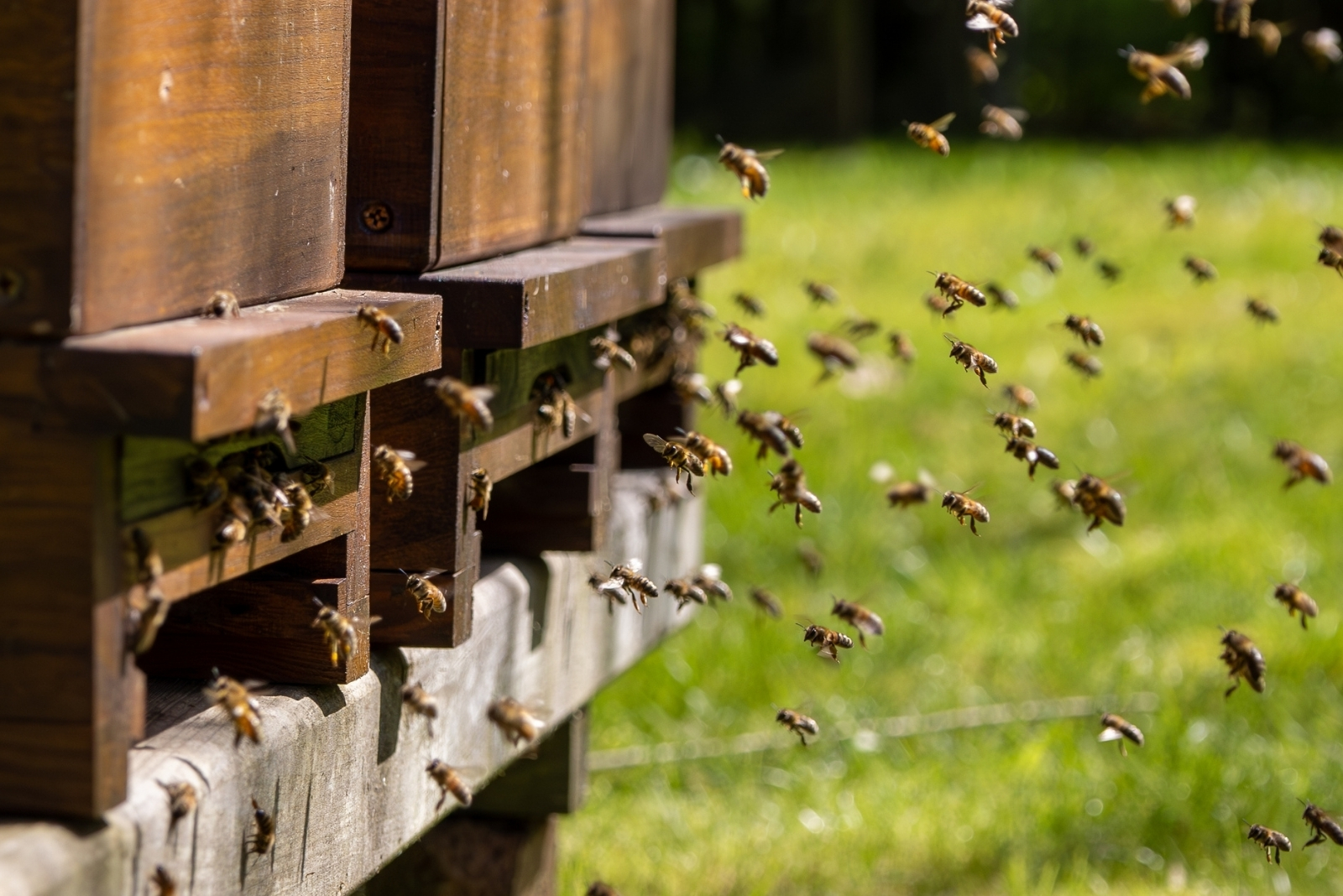
Gardens in North Carolina aren’t just for plants—they’re buzzing with animal helpers too. From bees pollinating flowers to birds keeping pests in check, wildlife plays a big role in keeping gardens healthy.
Not all garden visitors are a nuisance; many quietly support growth and balance. Here are 10 ways animals protect and support North Carolina gardens while you enjoy the fruits of their work.
1. Bees Pollinate Flowering Plants
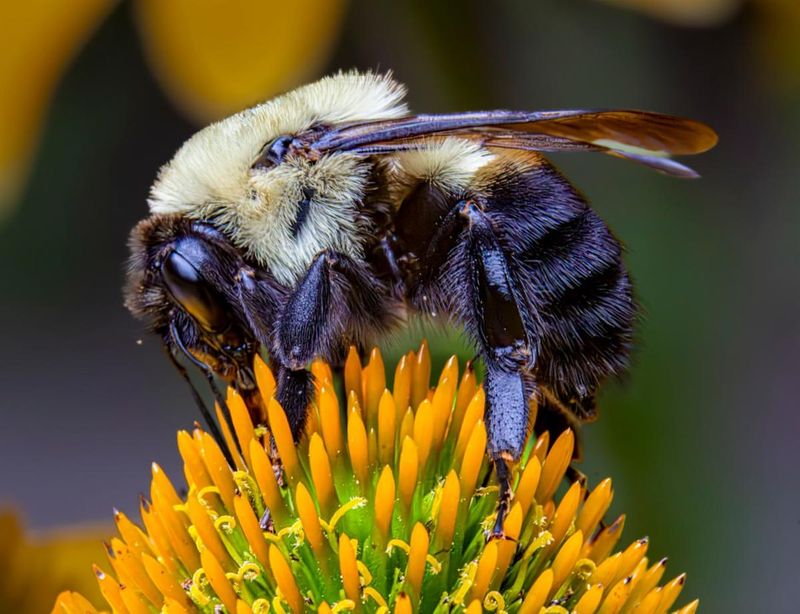
Honeybees and native bees are garden superstars in North Carolina, transferring pollen between flowers to produce fruits and vegetables. Without their daily visits, many plants couldn’t reproduce or yield harvests.
Gardeners across the state often plant bee-friendly flowers like black-eyed Susans and coneflowers to attract these buzzing helpers. A single bee colony can pollinate thousands of blooms each day!
2. Ladybugs Devour Garden Pests
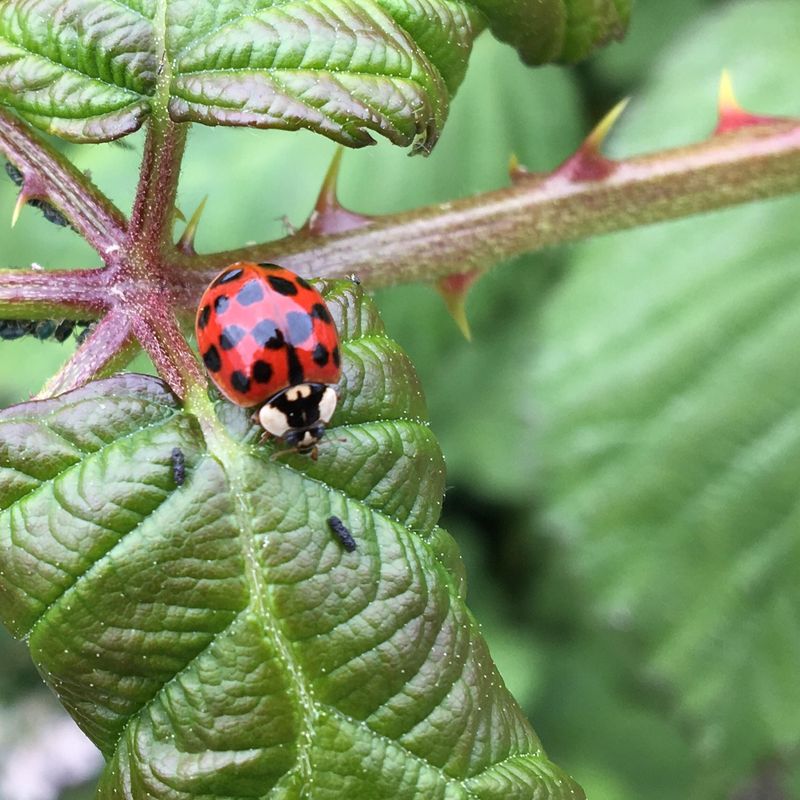
Those spotted red beetles aren’t just cute – they’re voracious aphid hunters! A single ladybug can consume up to 5,000 aphids during its lifetime, making them natural pest controllers in Carolina gardens.
Many gardeners in North Carolina deliberately release ladybugs rather than using chemical pesticides. Their appetite for mealybugs, scale insects, and mites helps protect everything from roses to vegetable plants.
3. Earthworms Improve Soil Quality
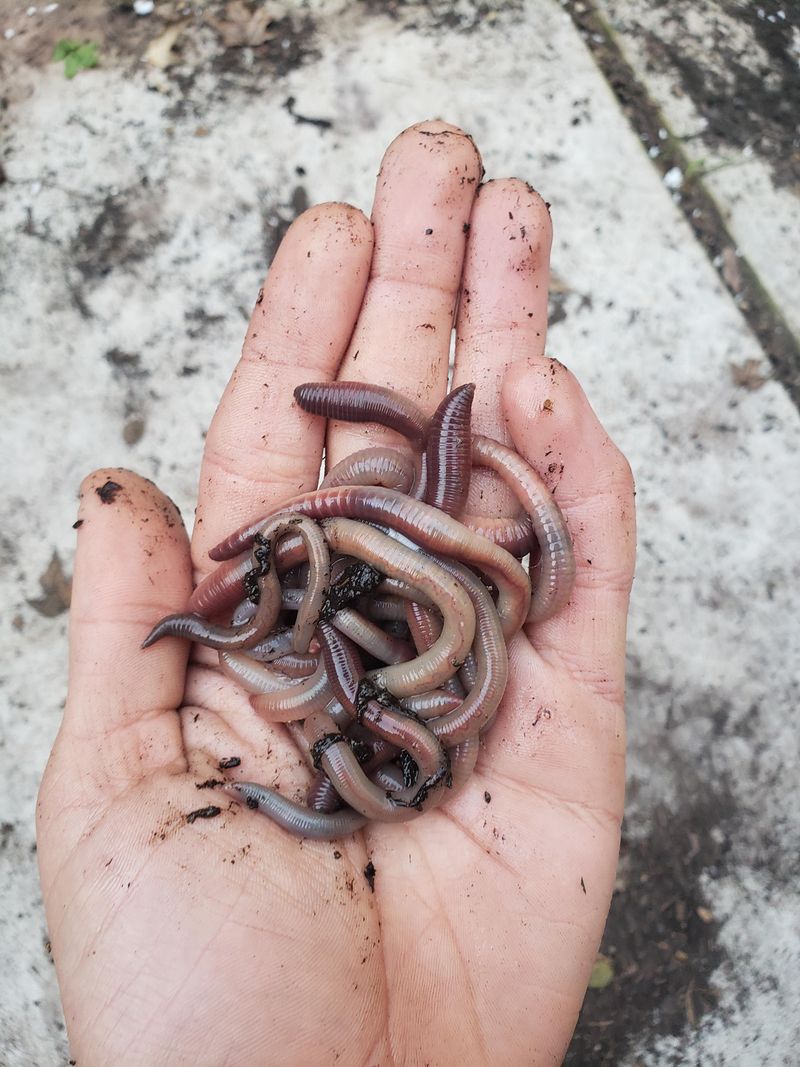
These underground engineers create tunnels that aerate soil and improve drainage in North Carolina’s clay-heavy gardens. As they move, earthworms leave behind castings rich in nutrients that plants can easily absorb.
The Carolina climate provides ideal conditions for earthworm activity most of the year. Their constant tunneling and digestion of organic matter transforms garden soil into a nutrient-rich environment perfect for growing healthy plants.
4. Birds Control Insect Populations
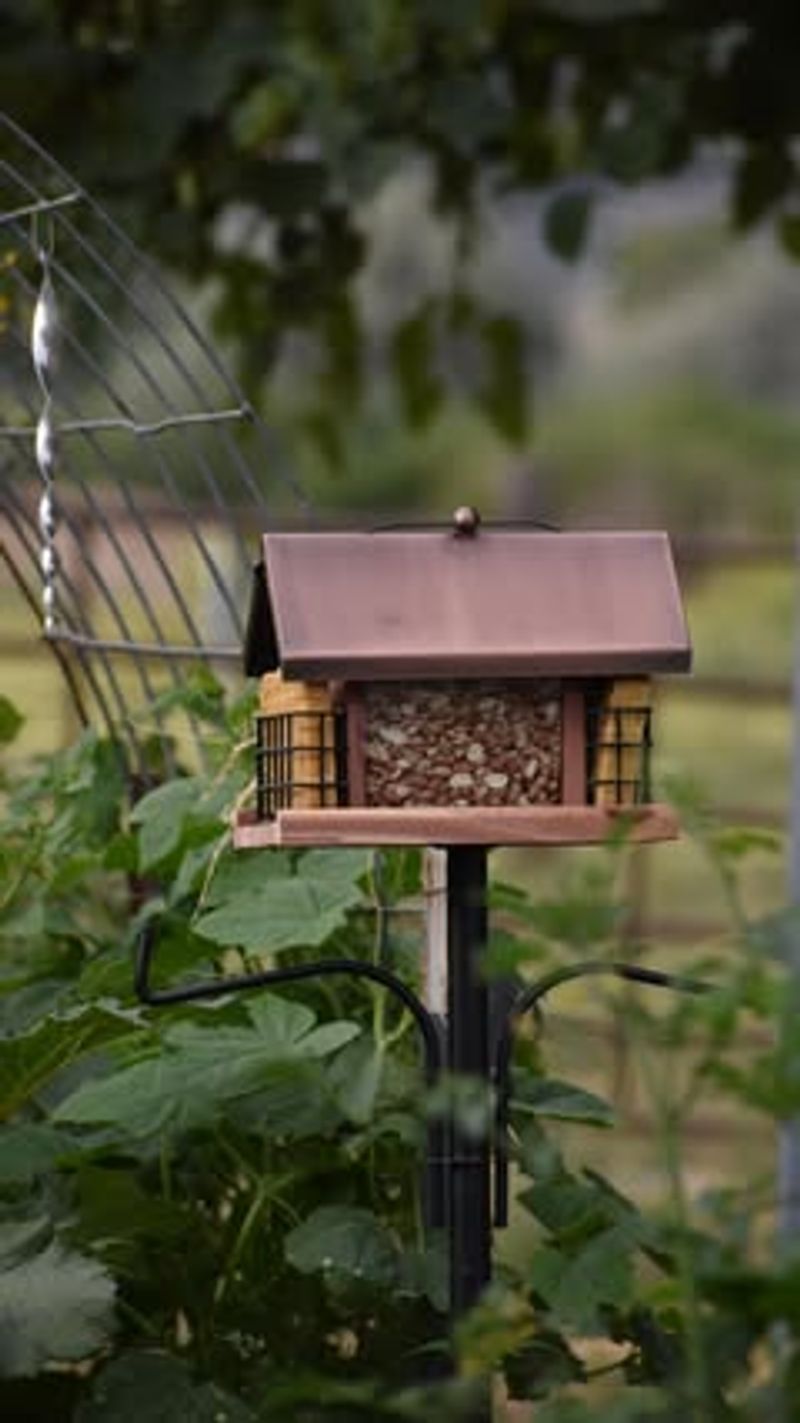
Carolina wrens, bluebirds, and chickadees patrol gardens for caterpillars, beetles, and other potential plant-munchers. A single bird family can consume thousands of insects during the growing season.
Smart gardeners in North Carolina install birdhouses and birdbaths to encourage these natural pest controllers to visit. Many bird species also help with seed dispersal, planting future wildflowers and shrubs throughout garden spaces.
5. Butterflies Boost Pollination Efforts
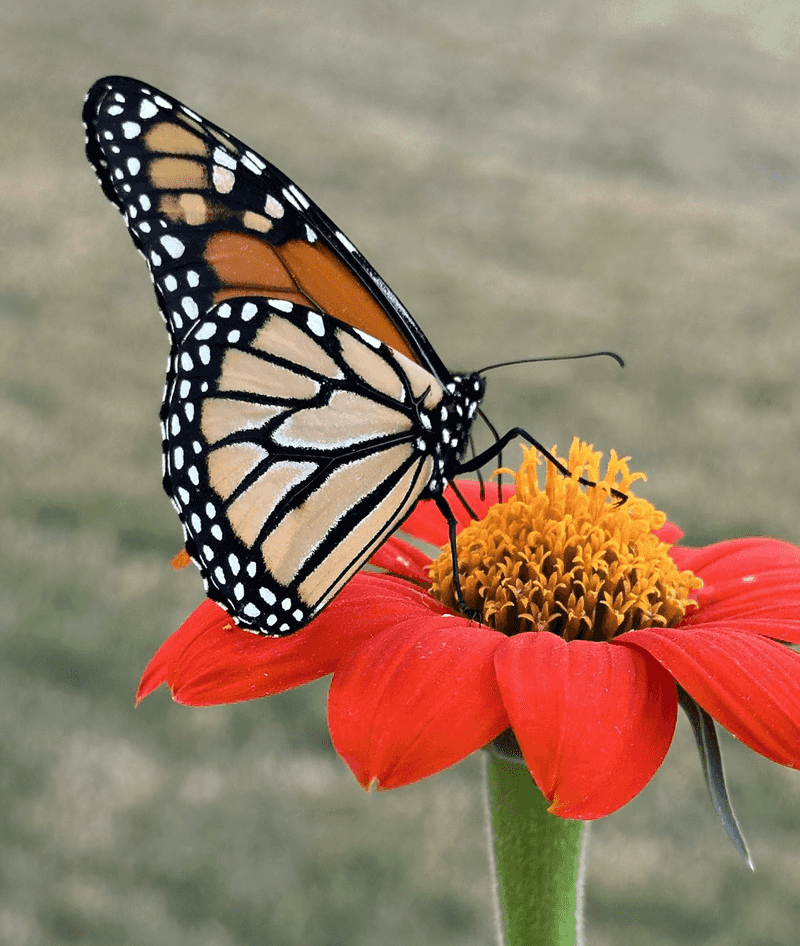
Fluttering from flower to flower, butterflies transfer pollen while feeding on nectar in North Carolina gardens. Unlike bees, they can travel longer distances, helping connect isolated plant populations.
Many North Carolina gardeners plant butterfly-friendly natives like milkweed and joe-pye weed. The eastern tiger swallowtail, North Carolina’s state butterfly, is particularly effective at pollinating taller flowers that other insects might miss.
6. Toads Feast On Slugs And Snails
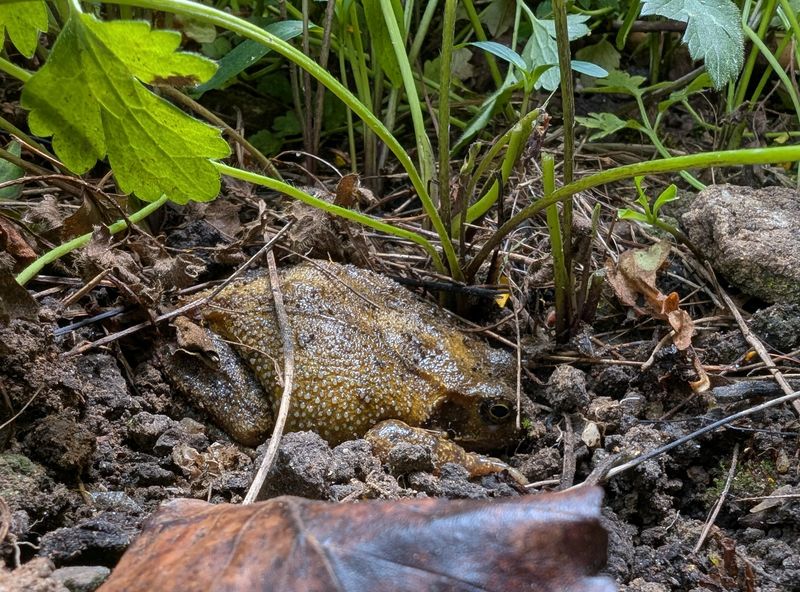
Garden toads are nighttime heroes in North Carolina, emerging at dusk to hunt slugs, snails, and other pests that damage plants. A single American toad can consume up to 10,000 insects and other invertebrates in one summer.
Creating toad shelters with overturned clay pots is popular among Carolina gardeners. These amphibians particularly thrive in the state’s humid climate, patrolling vegetable gardens and flower beds for unwanted visitors.
7. Bats Control Mosquitoes And Moths
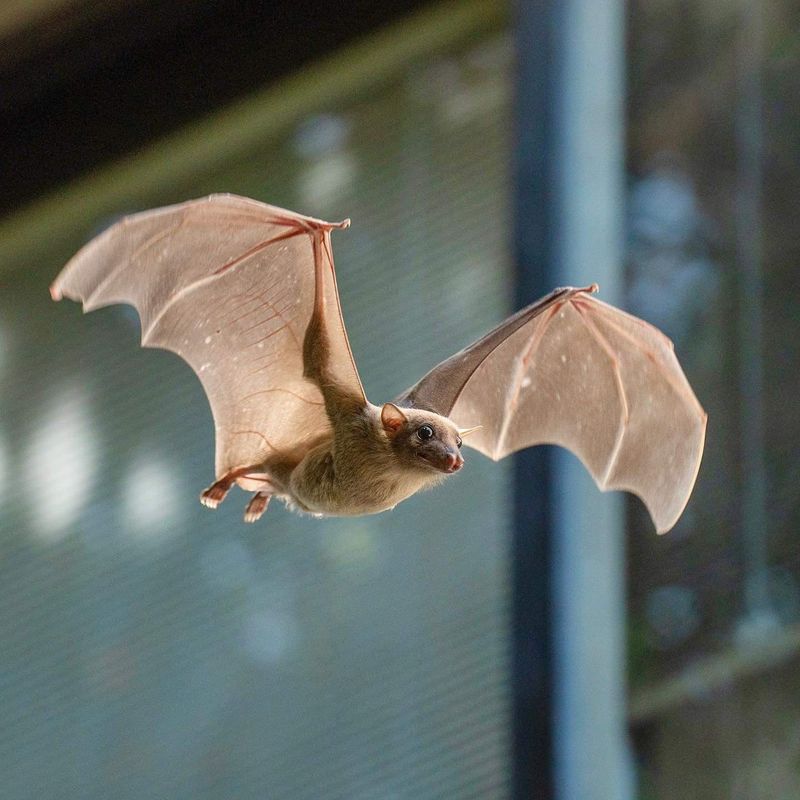
As evening falls across North Carolina gardens, bats take flight to catch mosquitoes, moths, and beetles that might otherwise damage plants. A single little brown bat can capture 600 mosquitoes in just one hour!
Many gardeners in the Tar Heel State install bat houses to attract these beneficial mammals. North Carolina’s native bat species help protect both plants and people by reducing insects that spread disease or lay eggs on garden crops.
8. Praying Mantises Hunt Garden Pests
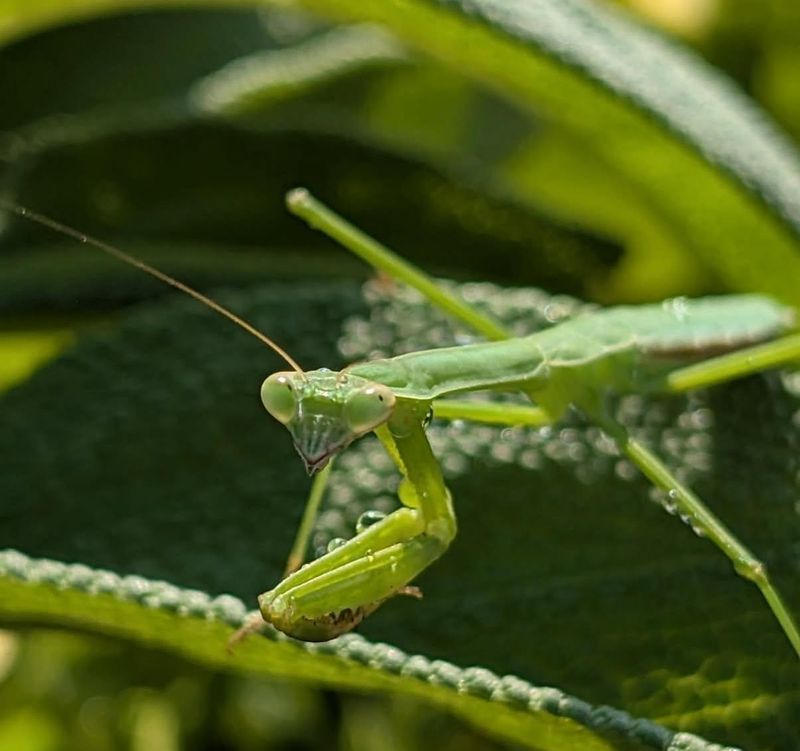
These fascinating predators perch motionless on plants throughout North Carolina gardens, waiting to snatch flies, caterpillars, and even small lizards. Their triangular heads can rotate 180 degrees to spot prey in any direction.
Carolina gardeners often purchase mantis egg cases to hatch in spring. Their alien-like appearance and voracious appetite for garden pests make them valuable allies in maintaining ecological balance without chemicals.
9. Spiders Catch Flying Insects
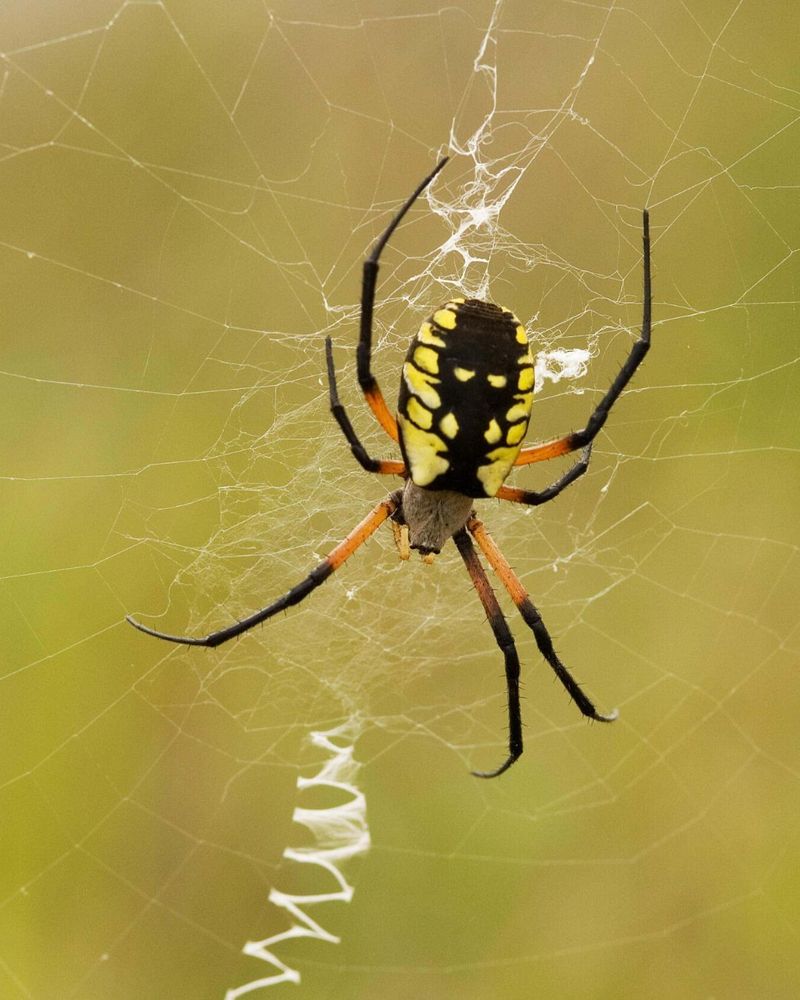
Garden spiders create intricate webs that trap mosquitoes, flies, and moths before they can damage plants or lay eggs in North Carolina gardens. The yellow garden spider, common throughout the state, rebuilds its distinctive zigzag web daily.
Many Carolina gardeners have learned to appreciate these eight-legged allies. Though sometimes startling to encounter, spiders provide constant pest control services without harming plants or beneficial insects like butterflies.
10. Hummingbirds Aid Specialized Pollination
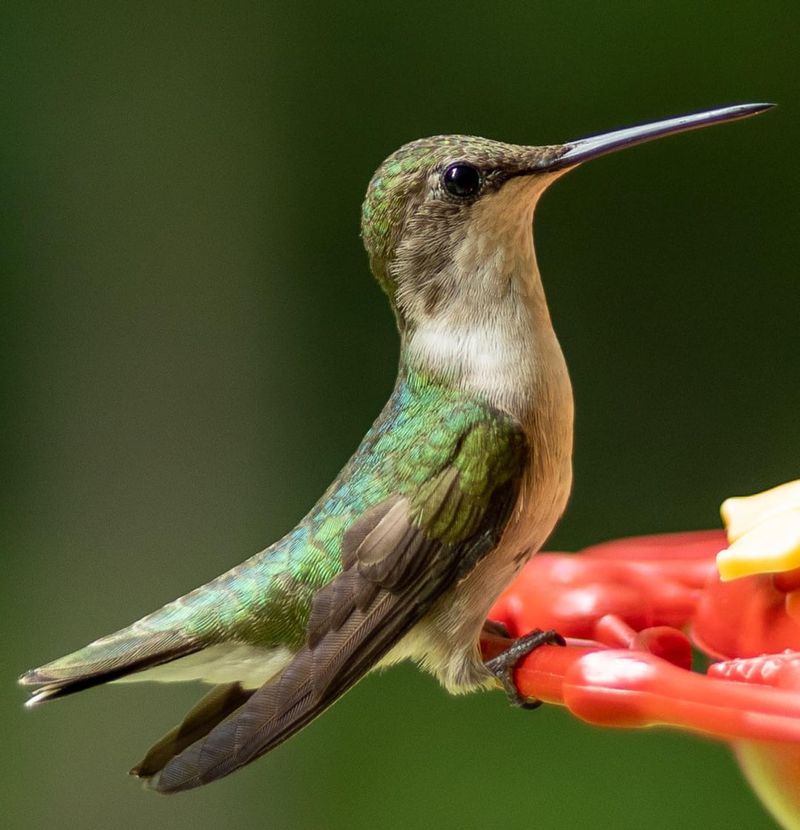
Ruby-throated hummingbirds visit trumpet-shaped flowers throughout North Carolina, pollinating plants that many insects can’t access. Their long beaks reach deep into blooms while their hovering flight allows precise flower visits.
Gardeners across the state plant cardinal flower, bee balm, and native honeysuckle to attract these tiny pollinators. North Carolina’s warm climate makes it perfect for supporting these special birds that can visit up to 1,000 flowers daily!

